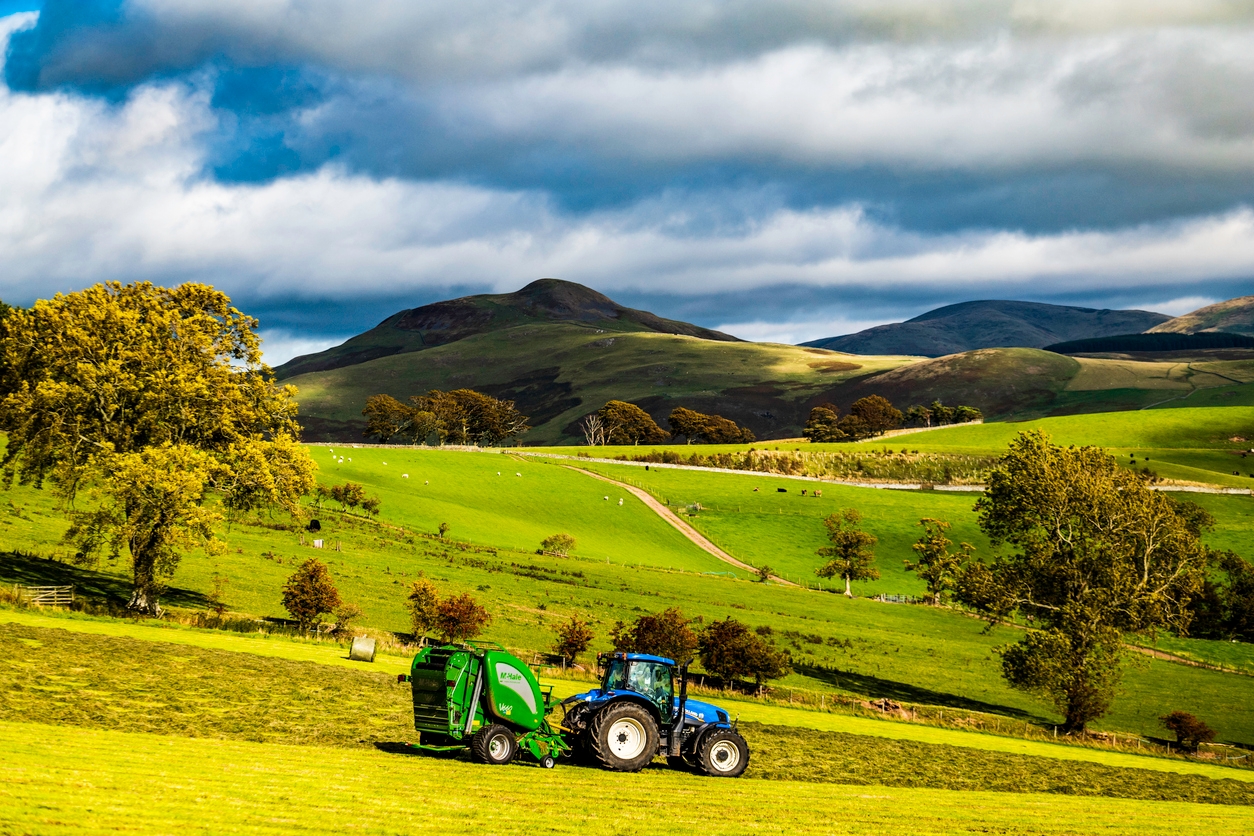Here in the Scottish countryside the labour force is creaking. A big dairy farmer nearby was relying on nine Irish students for calving – all nine went back to Ireland a few days ago to avoid the lockdown. The heroes of the countryside are the septuagenarians on family farms who have voluntarily broken self-isolation to maintain the flow of milk to the nation’s breakfast tables. Social distancing is something that comes naturally to us bumpkins, but it has to be ignored when push comes to shove. Have you ever tried cramming a prolapsed uterus back into a heifer with three people standing two metres apart?
Meanwhile the key worker policy is a shambles in Scotland. Holyrood ducked the issue and delegated it to local councils, which has only created confusion. As a consequence, the supply chain is under strain. At one farm a digger contractor declared that he was non-essential and went home leaving vital repairs to a slurry lagoon incomplete. On our own farm, our loader-tractor is off the road as the special widget that keeps the gearbox functioning is only made in an Italian factory which has closed. So much for just-in-time manufacturing. There has been anger that farm workers, who work very long hours at this time of year, have been greeted by empty shelves when they find time to get to the shops.
There has long been a feeling that farming manages despite the commissars rather than because of them
I confess I have a dark Malthusian fantasy that food will run out and the country will rely on us farmers to dig for victory. Happily, that is unlikely to happen unless other countries close their borders. Defra and the British Retail Consortium were quick to reassure the country that there is plenty of food because the EU are maintaining free movement of goods, which is quite a confession when you think about it. I have noticed that politicians have been very coy about talking about farmers. The praise is being heaped on the ‘the supermarkets’ distribution chains’ and little is said about those who produce half of the UK’s food, or the legion of lorry drivers crossing a virus-stricken Europe to bring us 50,000 tonnes of imported food per day.
In the unlikely event that food does run out, historians will be surprised that farmers are currently still being told to leave 5 per cent of arable land fallow this spring. And that there has been no relaxation of the requirement to fill in mind-numbingly complex forms by 15 May – though there is deep satisfaction here that most civil servants are not key workers and therefore unlikely to interfere for several months. There has long been a feeling that farming manages despite the commissars rather than because of them. This might be the year we prove it.
The last 12 months have been hellish for farming businesses being attacked by zealous environmentalists. But the significant reduction in flights will surely now demonstrate that transport is the major cause of methane and CO2, rather than burping cows. And on the Right our critics have also gone quiet. Dr Tim Leunig’s leaked email which reportedly said we don’t need agriculture and should become like Singapore, may now come to symbolise the apogee of post-imperial Britain’s food-hubris.
Weirdly, despite the constant worry about the old people in our communities and the restrictions on everyday liberty, I have never known farmers to be so happy. It’s great to feel needed again.
Jamie Blackett’s latest book, Red Rag to a Bull, Rural Life in an Urban Age, can be purchased from the Quiller bookshop. Spectator readers can receive a £5 isolation discount and free P&P if they use the code ‘JBREDRAG’.







Comments